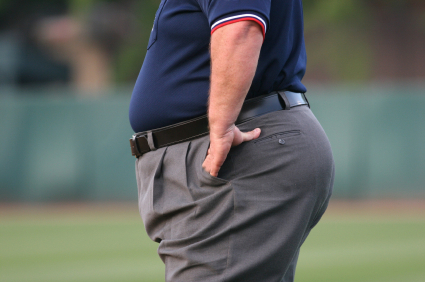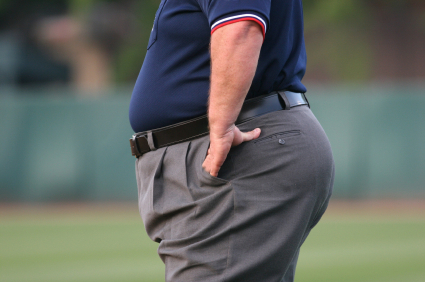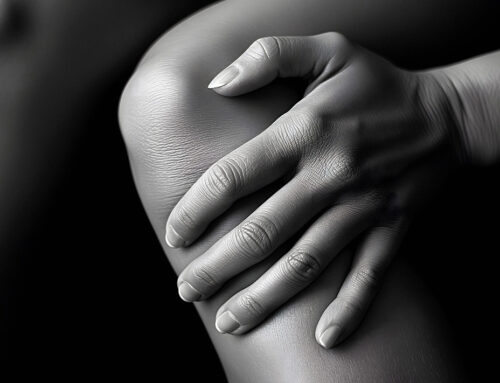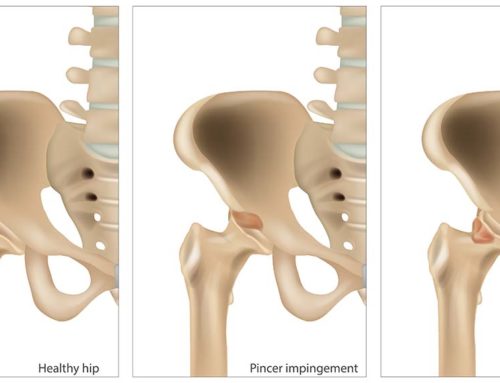Disc Degeneration and Body Weight
It seems to be a common belief that heavier people are more prone to lower back pain. The more weight a person is carrying compresses the spine and damages structures over time. Sounds logical, right? A recent study in the journal Spine may challenge this idea.

Obesity and back pain…is there a link?
Disc Degeneration
Our spine is made up of boney vertebrae with cartilage discs between each level. These discs have a tendency to degenerate or wear down with time. For some people this happens quicker than others. Many of us thought that being heavier accelerated this process of lumbar disc degeneration. Yet an interesting study published in the Spine Journal challenged this idea in a very interesting way. The authors of the study investigated 44 pairs of male twins. In this study model, they were able to compare identical twins and the amount of degeneration in their spines. Obviously, they were interested in the differences of disc degeneration between the heavier twin and the lighter twin.
Being Heavier May Benefit Your Bone Density
The average weight difference of the twins was 13 kilograms. The results indicated that the heavier twin tended to have a 6.2% higher bone density in the lumbar spine vertebrae. This makes sense when you think of people with Osteoporosis. Usually, the recommendation for people with Osteoporosis is to continue with weight bearing and resistance exercise. This stimulates better bone formation. In this study, the heavier twins stimulated more density in the cells of the bones.
Body Weight and Disc Degeneration
With respect to the spinal disc heights and their relation to body weight, the twins were similar. In other words, the heavier twins didn’t show a reduced or more “worn down” intervertebral disc!
Progressive Load and the Spine
Our bodies are constantly remodeling based on stimulus. A weightlifters body takes a certain shape after loading the muscles in certain ways. Similarly, a marathon runner adapts a certain body shape given the different stresses and loads placed on their system. In the case of this study, we can perhaps view a gradual increase in weight over time to be helpful for various structures of the spine, challenging the general belief that heavier people are more prone to lower back pain. This study has taught us that heavier people may not be more prone to disc degeneration.
Treatment for Disc Degeneration
The results of this study should be taken with a grain of salt. Obviously, obesity is not a good thing for your spine or your general health. However, many patients believe that their back pain is entirely related to those “few extra pounds”. Although I always encourage my patients to maintain a healthy body weight, there may be better areas for those experiencing back pain (and disc degeneration) to focus their efforts on. Perhaps it would be more important to look at all aspects of lower back pain prevention. Exercise, strengthening, posture and activity selection are all important aspects of preventing lower back pain. Consulting with our chiropractors or physiotherapists can be a great start to preventing lower back pain; these practitioners can assist you in developing a strategy that fits your individual situation.
For further information – [email protected]
References
Adams MA and Roughley PJ. What is intervertebral disc degeneration and what causes it? Spine 2006; 31(18): 2151-2161.
Beattie P. Current understanding of lumbar intervertebral disc degeneration: a review with emphasis upon etiology, pathophysiology and lumbar magnetic resonance imaging. Journal of Orthopaedic & Sports Physical Therapy 2008; 38(6): 329-340.
De Schepper EIT, Damen J, van Meurs JBJ et al. The association between lumbar disc degeneration and low back pain. Spine 2010; 35(5): 531-536.
Viderman J, Gibbons LE, Kaprio J, Battie MC. Challenging the cumulative injury model: positive effects of greater body mass on disc degeneration. The Spine Journal 2010; 10: 26-31.








